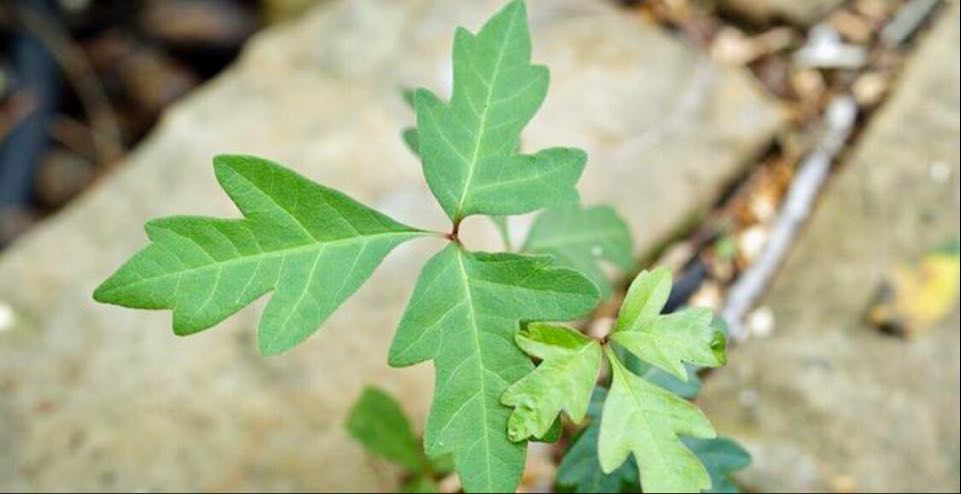How Nature Speaks
Underneath the sand lies the keys to a treasure we refuse to know.~Andrew M. Foster
She poisoned us. Not only with ill intentions but she played on our innocents. As children, we could not grasp this cruel nature. Do you remember playing hide and seek while she sits patiently waiting for someone to hug her stems? We would have never thought her shiny leaves caused such irritation to our skin and bothersome rashes. That is when we realized to stay away from poison ivy.When I reflect on my childhood, I remember having an open mind to nature as if she was part of my every being. As an adult, willingly ignorance demonstrated a disinterest in her personal space. In fact, I devalued nature by losing the oneness that was once natural to my intuition, but in exchange, I have adopted flamboyant individualism.
Interpersonal silence affects social spaces especially when you are in the presence of people who are not part of your inner circle. Some of us share this trait to environments where we try to give reference and meaning to surrounding objects in order to adapt.
Think of nature as tranquil, a paralanguage of sounds such as wind blowing through the trees and ocean breezes cooling the sands. We refuse to take notice of these solemn voices, our minds entertain noisy thoughts, and resistance keeps us from connecting to a natural space.The lack of intimacy with nature is loss of belonging to our natural resource. We are more attentive to human qualities rather than using interpersonal silence as a tool to engage with our environment. We continue to pay attention to nature’s wrath rather than learning its essence. In all honesty, we fear nature’s unknown qualities.Let us challenge ourselves by revisiting interpersonal methods so we can become one with nature. It is a natural resource of humanity.

Written by A. M. Foster in associated with 360 Nation Biz Catalyst and Dennis Pitocco